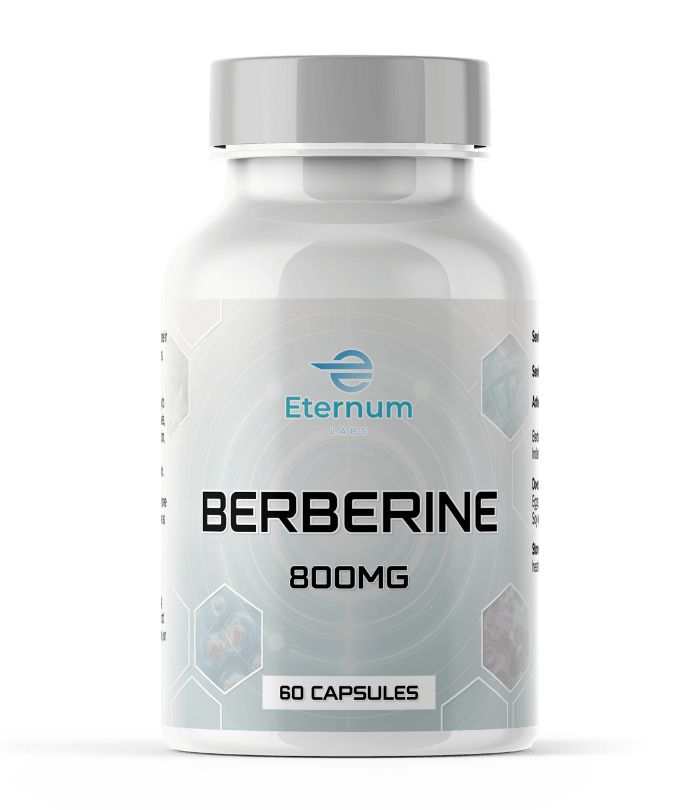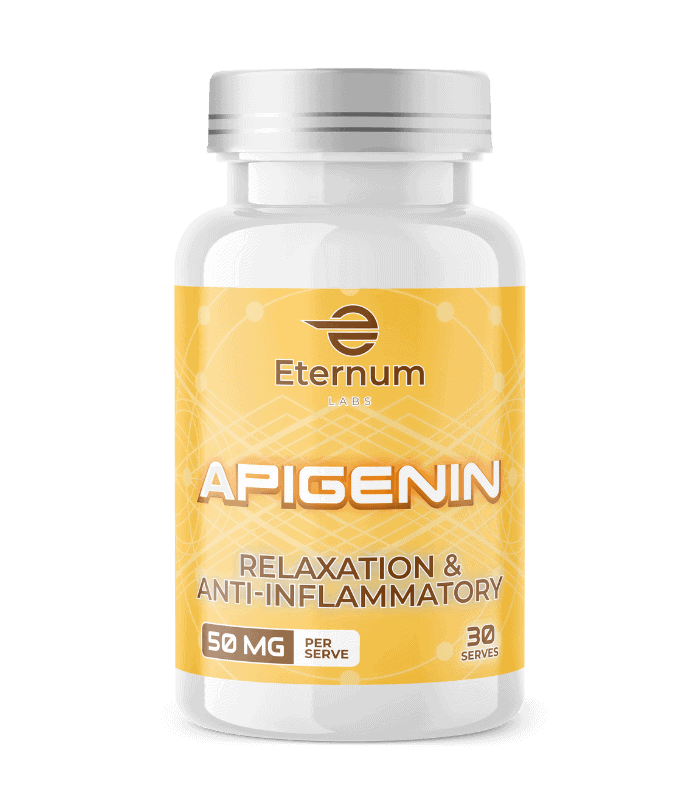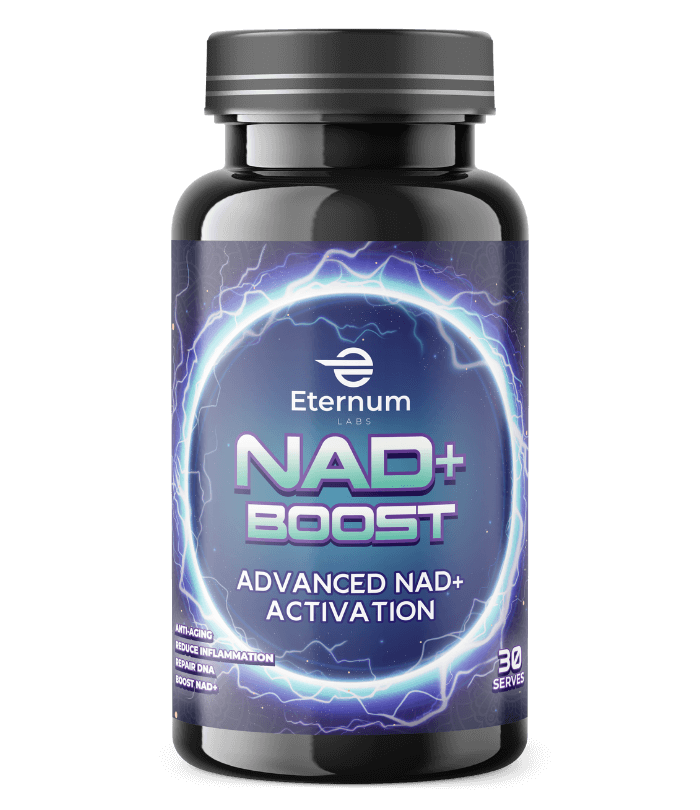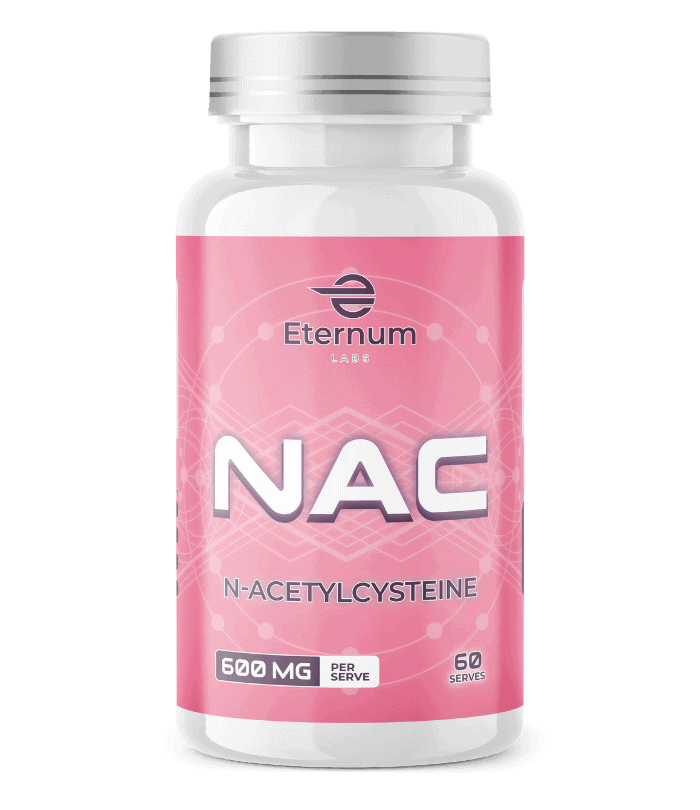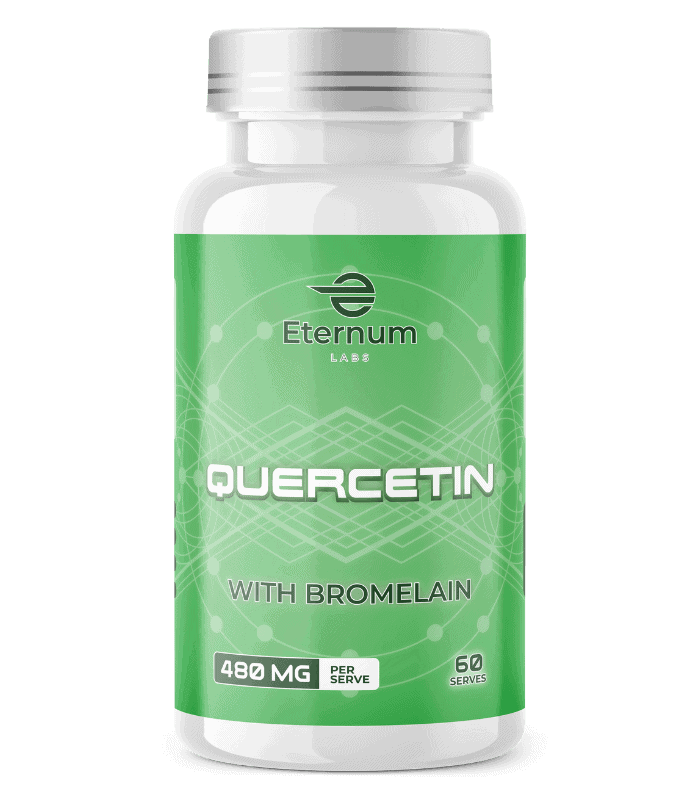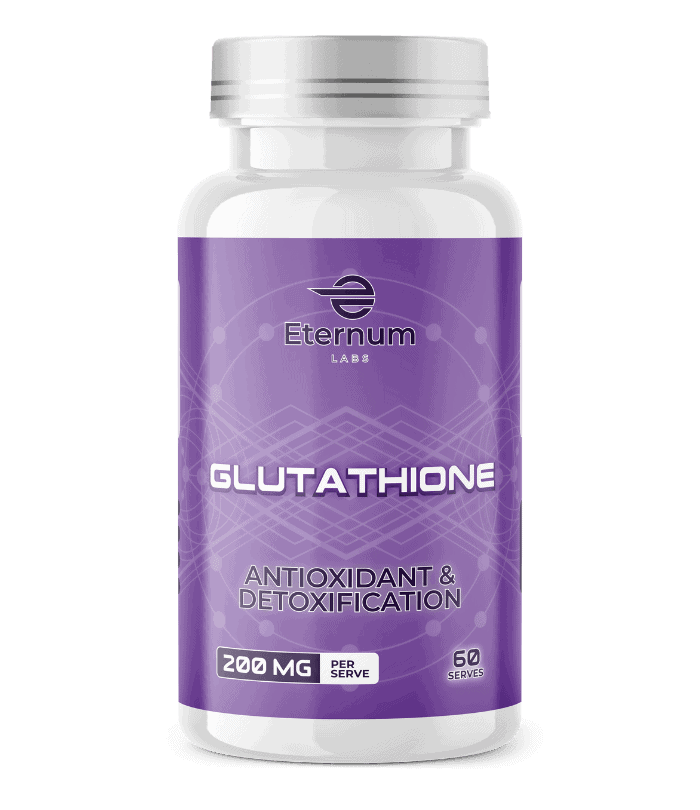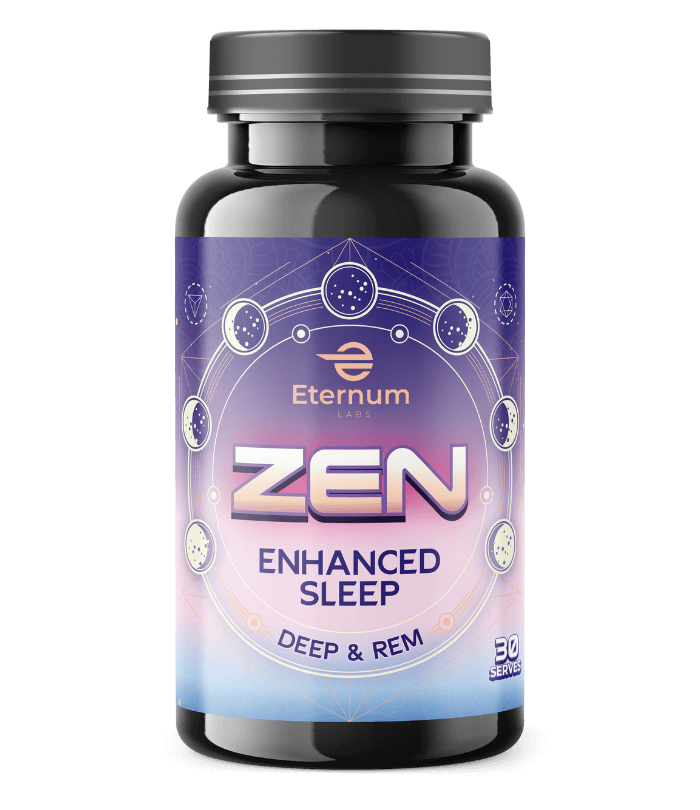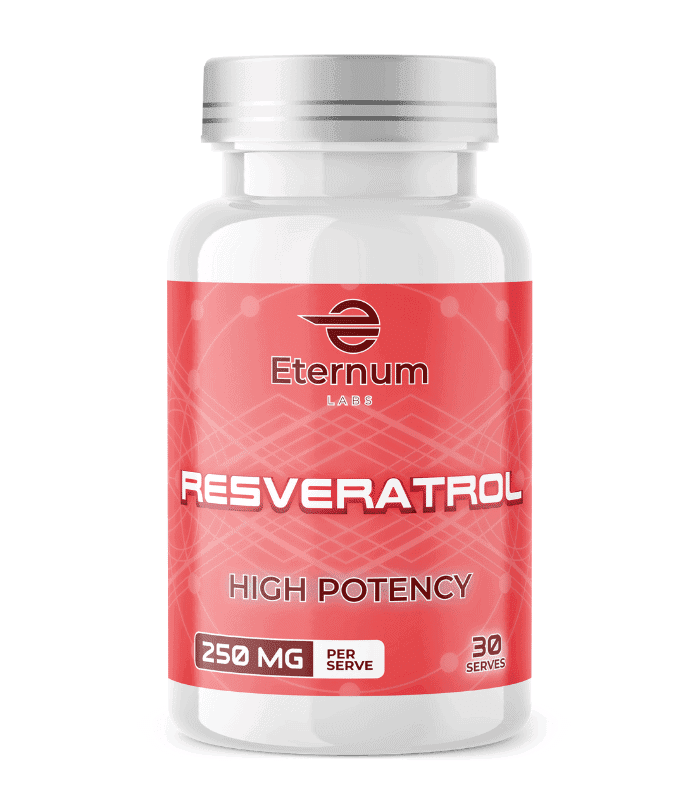
Health enthusiasts have long been spouting the benefits of red wine and other sources to help lower cholesterol, with some even drinking a glass of vino a night for that exact purpose. This is because red wine contains resveratrol, an exciting plant compound found in grapes.
Resveratrol contains a range of health-boosting properties, and it has been linked to many health benefits, including lowering blood pressure and improving brain function.
So, what exactly is resveratrol?
Resveratrol is a much-hyped plant compound that works like an antioxidant. Food sources that contain resveratrol include red wine, the grapes to make red wine, nuts and berries.
The plant compound appears to be mostly found in the seeds and skins of berries and grapes. Resveratrol is included in red wine’s fermentation, and this is why a drop of red contains a high concentration of the compound.
Research continues into resveratrol, with most studies conducted in test tubes and animal models. Most human-focused research has been based on resveratrol supplements, which provide a higher concentration than you can get through red wine, grapes, berries etc.

The potential health benefits of resveratrol
While human studies continue, resveratrol has many promising health benefits for humans, including:
-
Lowering blood pressure
Because resveratrol contains antioxidant properties, it could be important in lowering blood pressure. Research indicates that high doses of resveratrol may help reduce the pressure exerted on artery walls when the human heart beats. This pressure is called “systolic blood pressure”, and in blood pressure readings it reads as the upper number. Our arteries stiffen as we age, typically causing systolic blood pressure to increase. When high, the risk of heart disease increases. Resveratrol may cause blood vessels to relax by producing more nitric oxide, which in turn helps lower blood pressure.
However, the researchers of this study conclude that more research is required to determine whether increased resveratrol can actually help reduce blood pressure.
-
It is good for blood fats
Research indicates that the blood fats of animals are positively influenced by resveratrol supplements. A 2016 indicates that mice fed a high-polyunsaturated and high-protein diet with resveratrol supplements lost weight as well as demonstrated lower cholesterol levels. Additionally, their levels of “good” HDL cholesterol increased.
Resveratrol appears to positively influence cholesterol levels by diminishing the effect of an enzyme that dominates the production of cholesterol. Resveratrol, as an antioxidant, may also reduce the oxidation of “bad” LDL cholesterol, which when oxidised assists in plaque buildup on artery walls.
One study found that when participants were given grape extract that had been boosted with resveratrol that their LDL levels had gone down by 4.5% after six months. Furthermore, their oxidised LDL had been reduced by 20% compared to participants who took a placebo or a grape extract without added resveratrol.
-
It increases the lifespan of certain animals
Resveratrol has been found to increase the lifespan in different organisms, prompting further research into its effect on longevity. Research suggests that resveratrol activates particular genes that fight age-related diseases.
Resveratrol works to achieve this in the same way as calorie restriction, which has demonstrated amazing promise in extending lifespans by altering the way genes express themselves.
However, research continues into this potential effect on humans. A review of studies examining this connection found that resveratrol helped increase the lifespan of 60% of organisms studied. However, this effect was diminished on organisms with less relation to humans, including fish and mice.
-
It protects our brains
Research indicates that drinking red wine can help reduce age-related cognitive issues. This may partly be due to the anti-inflammatory and antioxidant properties of resveratrol. Resveratrol appears to interfere with protein fragments called beta-amyloids, which are vital building blocks for the plaque that are typical of Alzheimer’s disease.
Furthermore, the compound may create a chain of events that protects brain damage from incurring damage. However, scientists are still researching how well the human body can utilise resveratrol, which diminishes its current use as a brain protection supplement.
-
It may enhance insulin sensitivity
Diabetes is a common metabolic disease that kills millions of people each year. Resveratrol studies on animals have been found to have benefits for diabetes. These benefits include preventing complications from diabetes and increasing insulin sensitivity.
One theory suggests that resveratrol stops a particular enzyme from turning glucose into a sugar alcohol called sorbitol. When there is excessive sorbitol in people with diabetes, it can cause cell-damaging oxidative stress.
Other possible benefits of resveratrol on people with diabetes include:
- Possible protection from oxidative stress: resveratrol’s antioxidant properties may help fight oxidative stress, which exacerbates diabetic complications.
- Resveratrol can decrease inflammation: Resveratrol is believed to lower inflammation, which is a major contributor to chronic diseases like diabetes.
- Resveratrol activates AMPK: AMPK is a protein that assists in metabolising glucose. This, in turn, helps lower blood sugar levels.
Resveratrol can possibly provide further benefits for people with diabetes, and possibly more benefits for people with the condition than with those that don’t have it. Animal studies have suggested that resveratrol and red wine are more effective antioxidants in rats that had diabetes than in those that didn’t. However, more research is required to provide its efficacy on humans with diabetes.
Conclusion
The potential health benefits of resveratrol are wide and positive. From protecting the brain to lowering blood pressure, helping people with diabetes and potentially extending our lifespan, resveratrol shows plenty of promise as a future, highly important supplement. With more research being conducted into its positive effect on humans, we will soon see just how important this compound could become.
Related Articles
Products
-
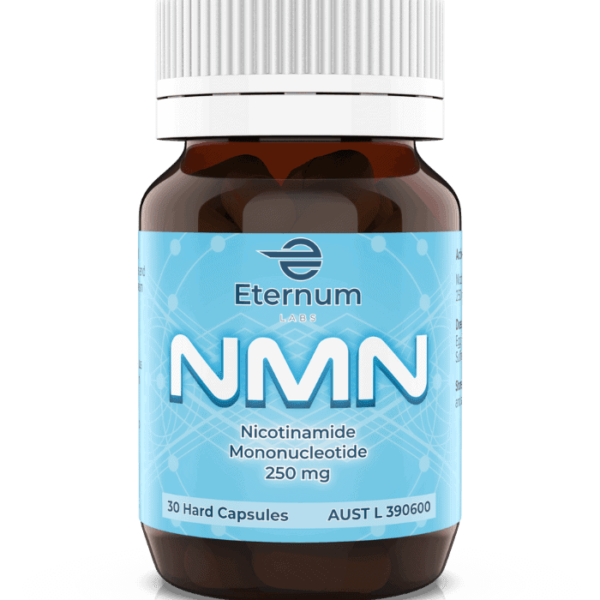 NMN Nicotinamide Mononucleotide
Rated 4.90 out of 5From: $89.97 — or from
NMN Nicotinamide Mononucleotide
Rated 4.90 out of 5From: $89.97 — or fromFrom: $89.97From: $80.97 / month -
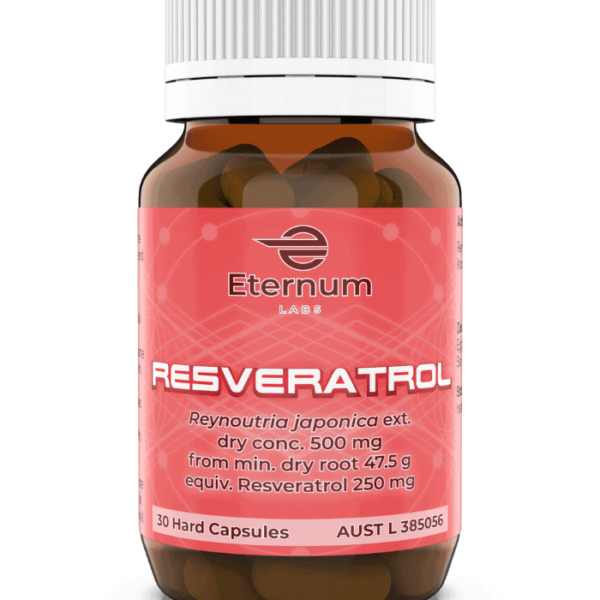 Resveratrol
Rated 4.95 out of 5$57.97 — or
Resveratrol
Rated 4.95 out of 5$57.97 — or$57.97$52.17 / month -
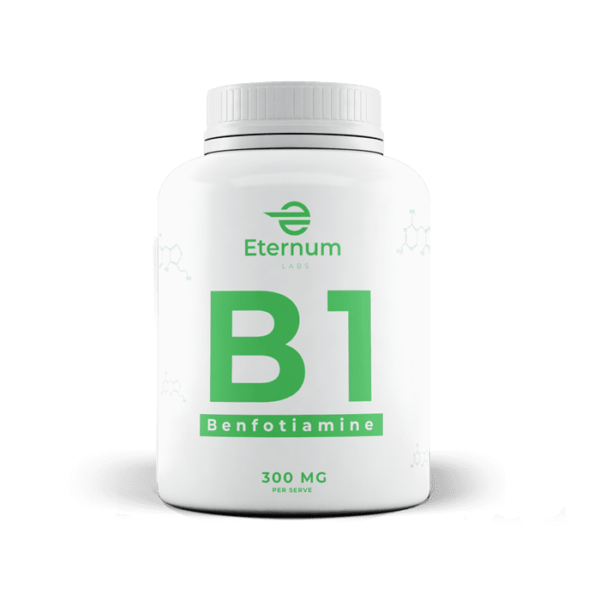 B1
Rated 5.00 out of 5From: $49.97
B1
Rated 5.00 out of 5From: $49.97 -
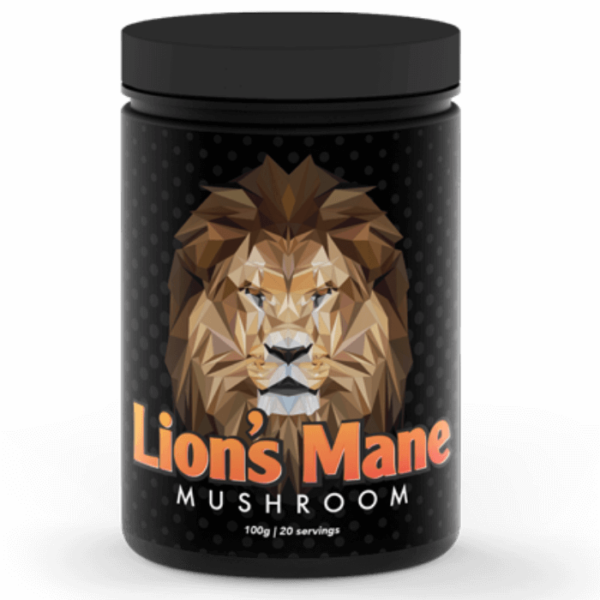 Lion's Mane
Rated 5.00 out of 5$59.97
Lion's Mane
Rated 5.00 out of 5$59.97 -
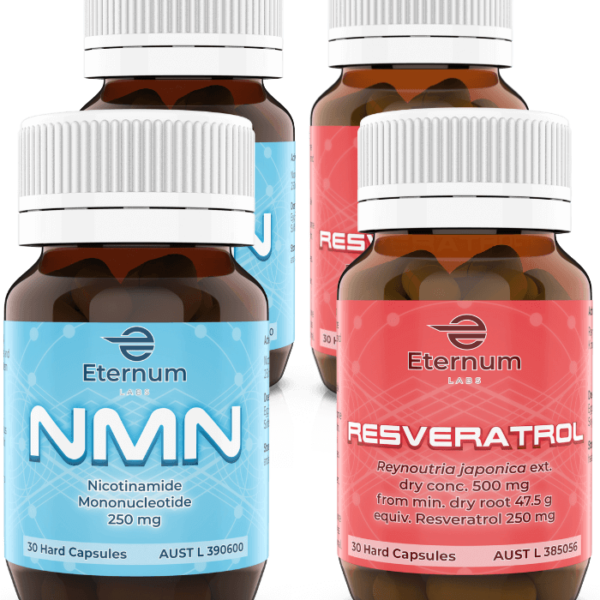 NMN + Resveratrol
Rated 4.92 out of 5
NMN + Resveratrol
Rated 4.92 out of 5From: $295.88From: $247.97 — or fromFrom: $295.88From: $223.17 / month


